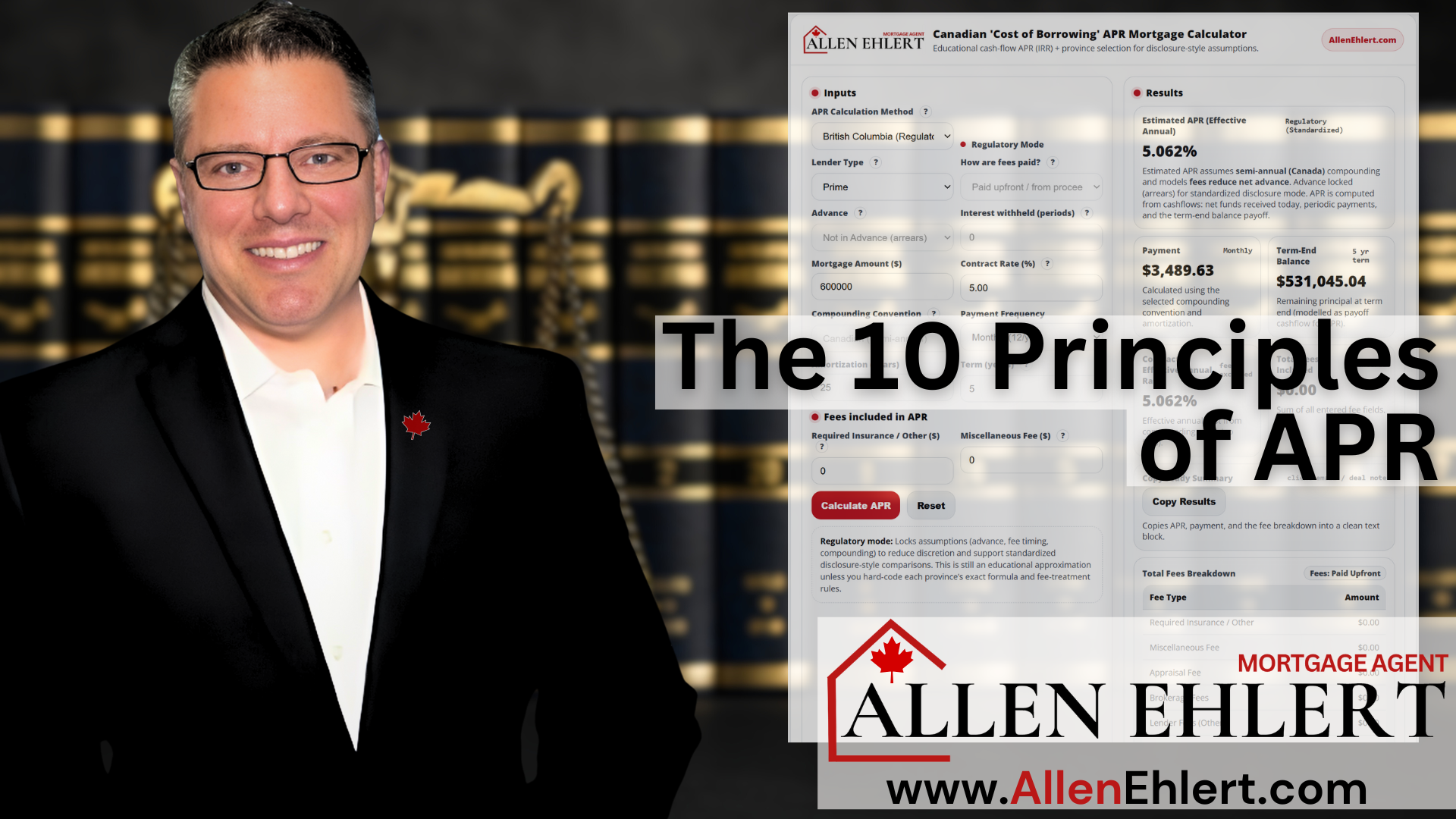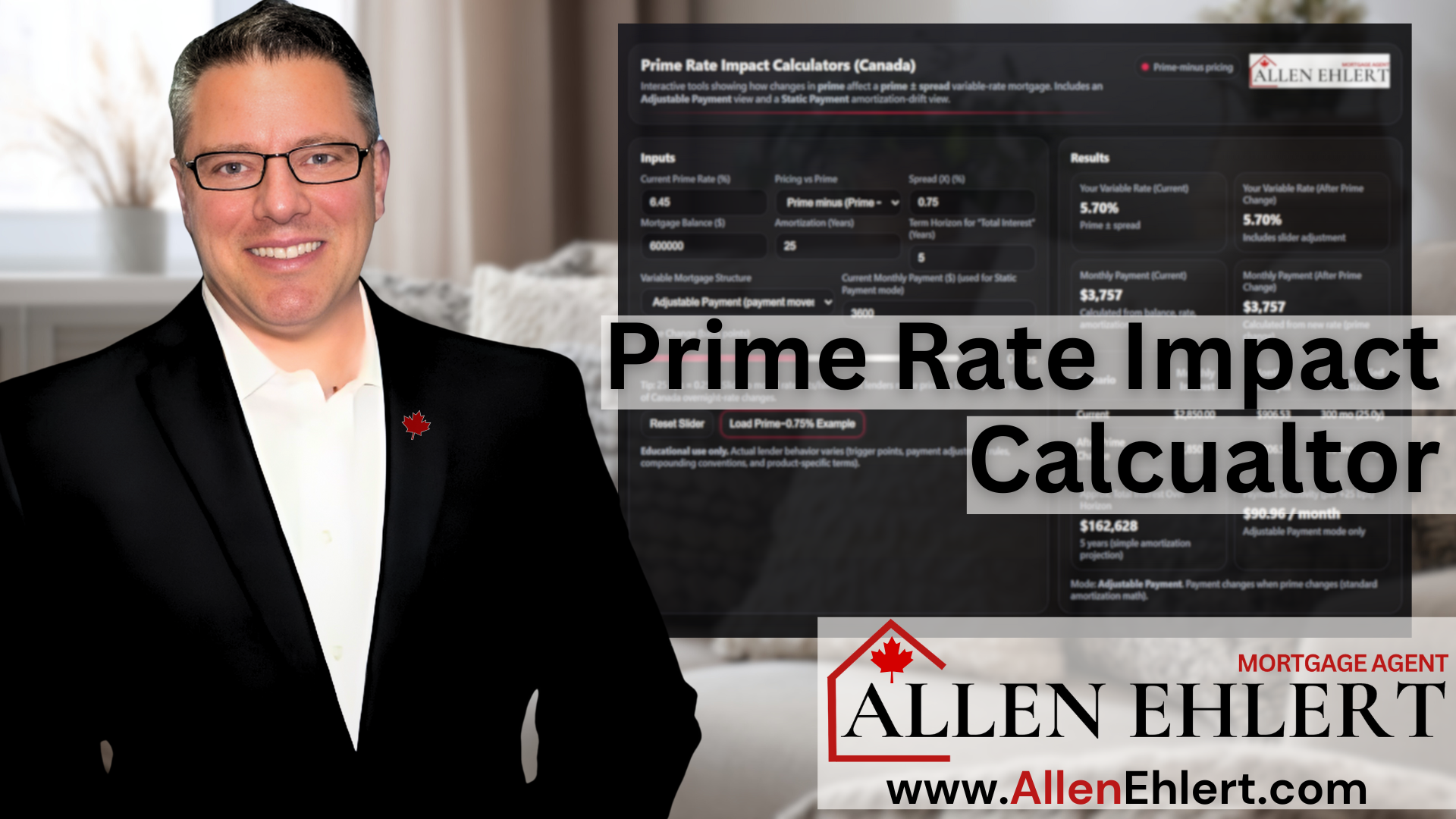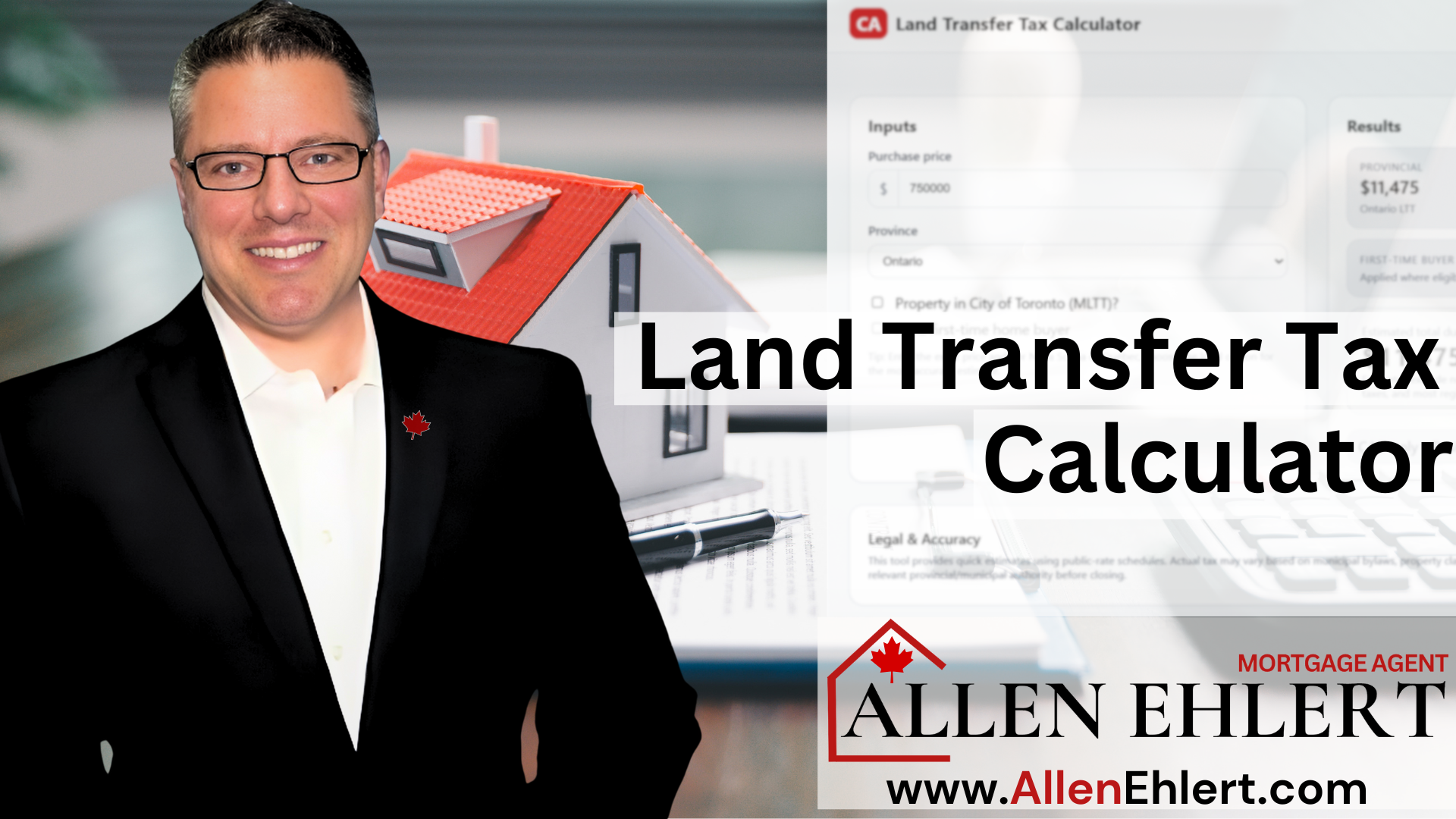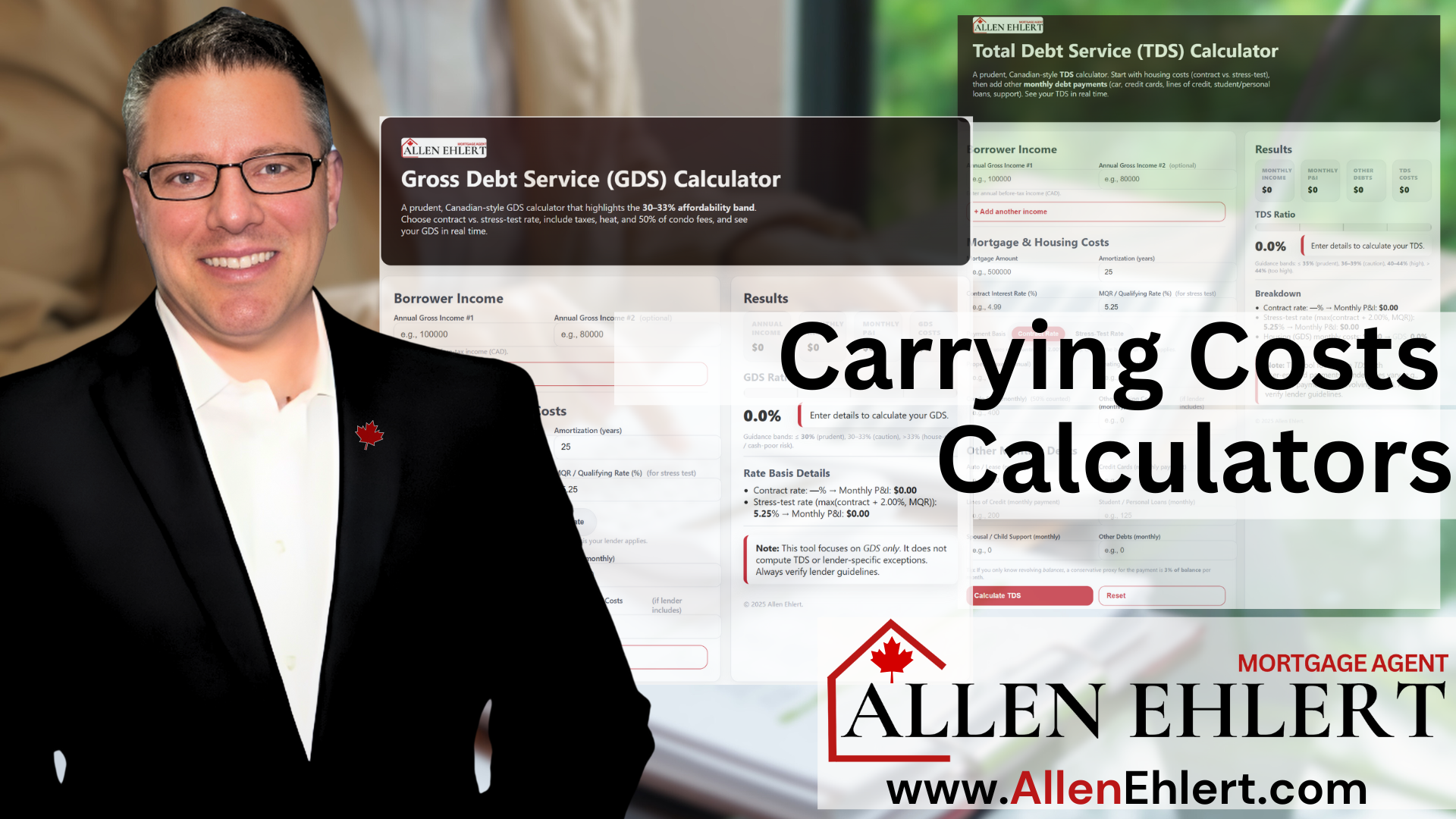When people first think about getting a mortgage, they usually picture buying their dream home — the white picket fence, the cozy kitchen, maybe even the dog waiting at the door. But not everyone’s mortgage journey is that straightforward. Some folks are looking to purchase a storefront, a rental building, or an industrial warehouse. That’s where things start to get a little more complex, and understanding the difference between residential and commercial mortgage lending becomes critically important.
If you’ve been wondering about the differences, you’re not alone. I get asked about this almost every week. So, let’s break it down in plain language, have a good conversation about it, and help you see how this knowledge can work for you.
Here’s What I’m Covering:
What is Residential Mortgage Lending?
What is Commercial Mortgage Lending?
How Do the Qualifications Differ?
Rates, Terms & Conditions: What’s the Deal?
How Can You Use This Information?
What is Residential Mortgage Lending?
Residential mortgages are what most Canadians think about when they hear the word “mortgage.” We’re talking about financing for properties that people live in: houses, condos, cottages, duplexes, triplexes, and even fourplexes, provided they’re primarily residential in use.
The rules here are pretty standardized because lenders and insurers (think CMHC, Sagen, Canada Guaranty) have laid out the road map. Qualifying for a residential mortgage mostly comes down to your income, credit score, existing debts, and the property itself. Lenders want to know if you can carry the payments comfortably based on your existing lifestyle.
Example: You’re buying your first home in Whitby. You’ve got a salary, a bit of savings for your down payment, and maybe a co-signer in your back pocket. Residential mortgage rules are designed with this kind of purchase in mind.
What is Commercial Mortgage Lending?
Commercial mortgages, on the other hand, are a whole different kettle of fish. These are loans for properties that are used primarily to generate income through business activities — think office buildings, retail plazas, industrial spaces, apartment buildings with more than five units, or even mixed-use properties where the commercial space outweighs the residential.
Commercial lenders are far less interested in you personally and a lot more interested in the property and the business. They want to know how the building will pay for itself. What’s the current rent roll? What’s the vacancy rate? Is this strip mall in a growing area or a declining one? They also want to see a solid business plan, sometimes even projections for future income.
Example: You’re buying a small industrial unit in Oshawa to run your growing HVAC business. The bank wants to see your company’s financials, the property’s income potential, and maybe even your track record running this kind of operation.
How Do the Qualifications Differ?
Here’s where things start to split off in a meaningful way.
For residential, lenders are looking at:
- Your employment income (T4s, pay stubs, NOAs)
- Your debts (credit cards, loans, lines of credit)
- Your credit score (be nice to Equifax!)
- Your down payment (the more, the merrier)
For commercial, lenders are focused on:
- The income the property generates (rent roll, leases)
- The net operating income (NOI) after expenses
- The property’s appraisal value and marketability
- Your business’s financials (sometimes)
- Your experience managing this type of property
In commercial, your personal income often matters less than the property’s performance. Lenders are lending to the asset as much as they’re lending to you.
Rates, Terms & Conditions: What’s the Deal?
Residential mortgages tend to have better rates, longer terms, and more flexibility. Why? Because they’re considered safer. People don’t walk away from their homes as easily as they might walk away from an underperforming office building.
You’ll find:
- Lower interest rates (sometimes by a full percent or more)
- Options for insured mortgages (which help with rates and down payment flexibility)
- Longer amortization periods (up to 30 or 35 years in some cases)
Commercial mortgages, though, often come with:
- Higher rates (risk = cost)
- Shorter amortization (15-25 years is typical)
- More rigid terms (pre-payment penalties can be steep)
- Larger down payments required (sometimes 25-35% or more)
How Can You Use This Information?
Understanding these differences helps you plan smarter. If you’re thinking about dipping your toes into real estate investing, you might start with a triplex or fourplex because you’ll still benefit from residential lending rules. Once you move to that 6-unit walk-up in downtown Peterborough, though, you’ve crossed into commercial territory, and the rules change.
If you’re a small business owner looking to buy your own space instead of paying rent, you’ll need to prepare differently than if you were buying a house for your family. Knowing the expectations upfront can save you time, money, and a whole lot of frustration.
Here’s a practical example:
- You want to buy a mixed-use property — storefront below, apartments above.
- Depending on the breakdown between residential and commercial square footage or income, this could land in either category.
- If residential dominates, you might still get residential financing, which is usually easier and cheaper.
- If commercial dominates, you’ll need to show the lender the income projections, leases, and the viability of the business.
Allen’s Final Thoughts
If there’s one thing I want you to take away from this: Not all mortgages are created equal. Residential and commercial lending operate by two very different sets of rules, and knowing which sandbox you’re playing in will help you make better decisions.
Whether you’re buying your first home, looking to expand your investment portfolio, or securing a warehouse for your growing business, the key is preparation. Aligning your expectations with what lenders are looking for saves you time, money, and headaches.
And that’s where I come in.
How I Can Help
As your mortgage agent, I don’t just find you a lender — I help you strategize your future. I’ll walk you through:
- Whether residential or commercial financing makes sense for your goals.
- How to structure your finances to qualify more easily.
- What lenders are looking for — and how to present your application to shine.
- How to read the fine print so you know exactly what you’re signing up for.
- How to think long-term so today’s mortgage works for tomorrow’s goals.
Whether you’re a first-time homebuyer, an experienced investor, or a small business owner looking to stop paying rent, I’m here to help you navigate the complexities and turn those big dreams into real, achievable plans.
Whenever you’re ready, let’s have a conversation about your next step. I’m here to guide you through it — every square foot of the way.












